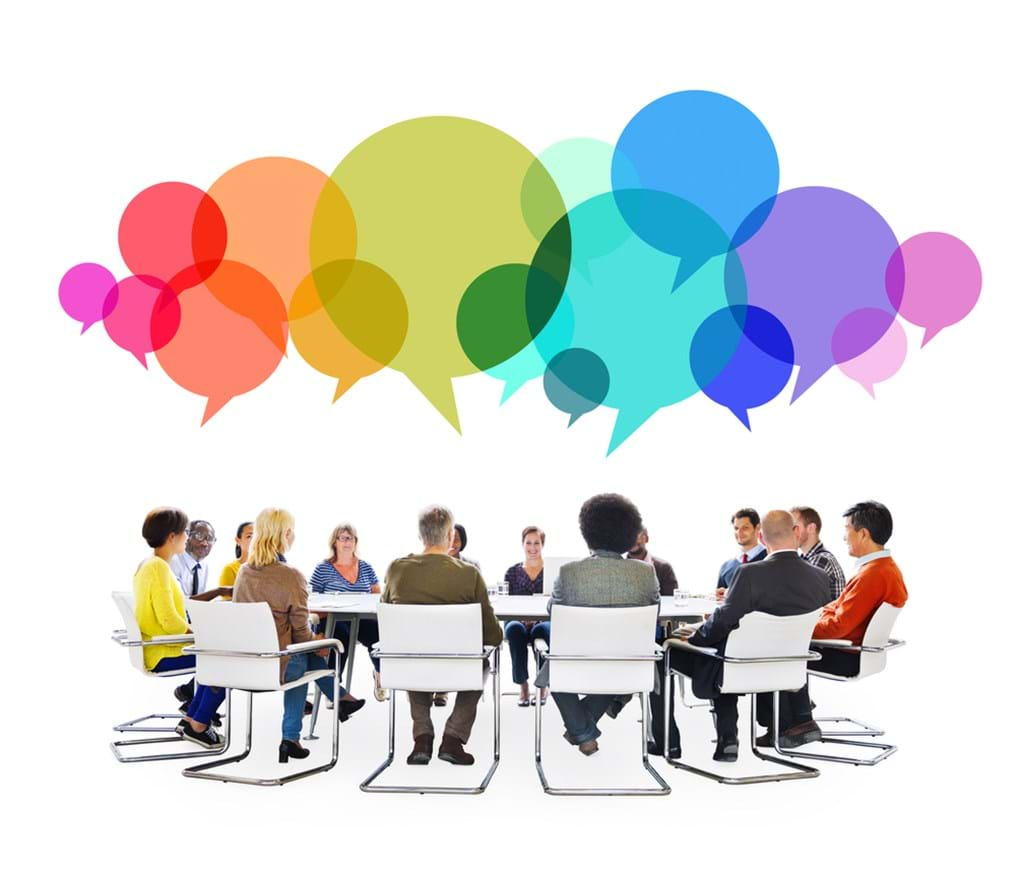Ten ways to maximise your impact at a conference (Day 316)

8th April 2015
One of the most enjoyable aspects of life as a chemical engineer working in academic research is attending conferences and finding out more about the work of other groups.
Today and tomorrow; I'm in the north of England for ChemEngDayUK2015. It's the UK's national chemical engineering research event and this year it's hosted by the chemical and biological engineering department at the University of Sheffield. Postgraduate students from all corners of the UK are here to network and talk about their work. So today is a good opportunity to share some tips for getting the most out of a conference.
Here are ten ways to maximise your impact:
1. Talk to someone new

The biggest mistake that many people make at conferences is to only talk to people they came with. Attending the talks is not enough; if you really want to make an impression, you need to network and make new contacts.
2. Take one key message from every talk you attend

Every talk, seminar or workshop is different. But you need to remember what was said. After each session, ask yourself what struck you the most, what did you learn? Was there a conclusion that you could adapt or a piece of advice that really resonated? If you write anything down during a conference, make it the one key message from each session that is worth revisiting when you get back to the lab.
3. Share your details

To truly make an impact at a conference you need to participate. This can be through presenting, displaying a poster or running a session. However, not everyone attending can do this, so instead sign up for workshops or networking sessions. Make sure to take some business cards and use social media. While you’re there, you’ll be among hundreds of participants, so make sure you stand out from the crowd.
4. Ask questions

You'll probably attend many conference sessions. There's generally time for questions at the end. So put your hand up and ask one - don't forget so say who you are and where you are from. Planning to ask a question will focus your listening during sessions. I find that it helps me to think about how the work presented can influence my own activity. It also allows you to interact directly with the presenter and offers a chance to continue the discussion after the session.
5. Put away your phone

If you arrive at a conference planning to do work or make phone calls, you are in the wrong place. People attend conferences to have face-to-face interactions. Electronic devices can be a barrier to making connections. You don’t have to disconnect completely but put your phone away when you’re waiting for a session to start or during the coffee breaks. This will give you a chance to start conversations with the people around you.
6. Try something new

Frequently people attending conferences tend to go to sessions on their subject, or talks by someone they know. Try going to at least one session that is different or unusual. You may surprise yourself by learning something completely new and sow the seeds of a new collaboration when you least expect it.
7. Plan ahead

Look at the conference programme in advance and plan which talks and seminars you want to attend. Have a look at the delegate list and identify a few key people to talk to. Planning your time in advance means you won’t miss the crucial sessions and it gives you time to take a break and socialise with fellow delegates.
8. Go to the social events

The social events surrounding a conference are just as important as the conference itself. They offer the opportunity to talk to people informally in a more relaxed setting. These are a lot of fun and really help to extend the energy of the conference. If you are shy, take a friend with you. Don’t be afraid to just relax, mingle and let the conversation flow.
9. Share what you learn

If you are one of only a few people from your department or research group attending a conference, it often helps to focus on what you can take back for others. Be an emissary for your group and share what you learn with your colleagues. Bring the conference highlights home by presenting to your department, hosting a debrief or sharing key messages.
10. Follow-up post conference

These are just a few ideas to get you started. Everyone has their own way of working a room. And bear this in mind, the easiest way to convince the boss that you should be attending a conference is by reminding them about the positive outputs and valuable contacts that you made at the last one.
It you are reading this before ChemEngDayUK2015 finishes, come and say 'Hello'.
All great networks start with that first 'Hello'.